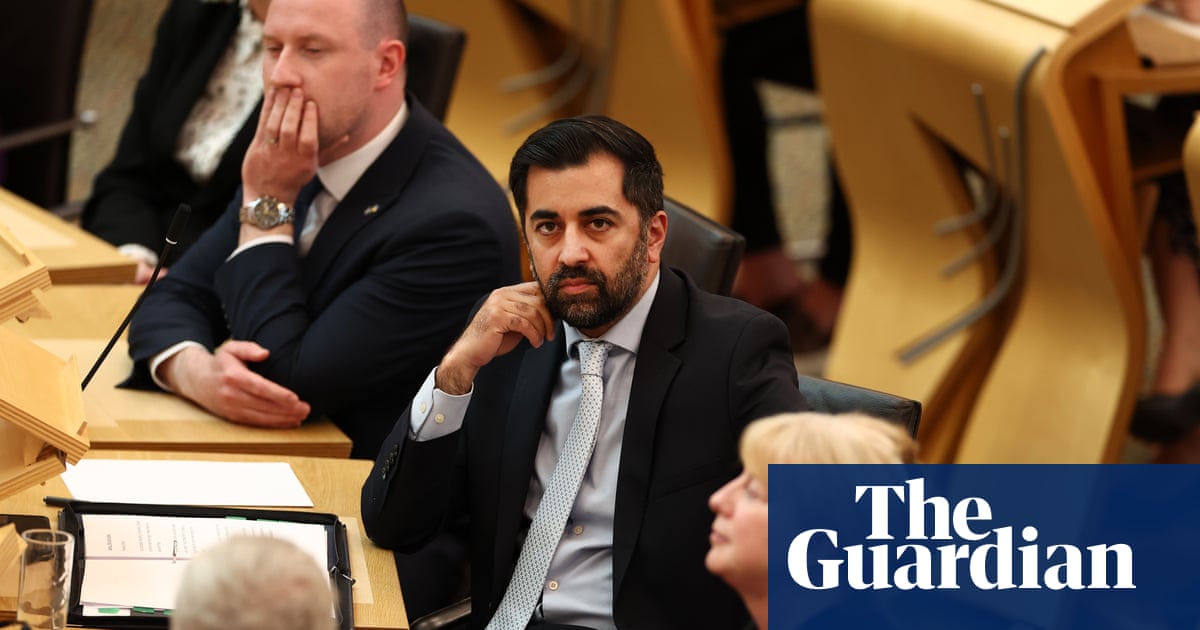The Tories let tax dodgers go unchecked. Labour won’t put up with it | Margaret Hodge


This week the shadow chancellor, Rachel Reeves, announced that Labour would act to tackle tax dodging. HMRC claims £36bn was lost to the exchequer last year simply because people do not pay their tax. Shockingly, that figure is £5bn higher than that lost in the previous year. It represents a third of total government spending on education. It’s a scandal that we must attack.
We also know that £36bn is a very conservative estimate of the gap between what the exchequer does collect and what is due – what is known as the tax gap. For instance, many wealthy individuals hide their assets in secret trusts they set up overseas in British tax havens – and they pay no tax on that hidden wealth.
Furthermore, the tax gap does not start to take account of the billions lost each year when global companies such as Google, Facebook and Microsoft avoid tax by creating financial structures that have no other purpose than to avoid paying tax.
Paying tax is central to the values that we all sign up to in society. If society is to function peacefully and well, we must all agree to abide by a set of rules that enable us to live together in ways that benefit us all. One of those rules is that we should all contribute, according to our income and our wealth, into the common pot for the common good. Failing to do that is both morally reprehensible and illegal.
It is shocking that the government has failed to confront this problem throughout its 14 years in power. Indeed, the Conservatives have made it very difficult for HMRC to go after tax dodgers. They have cut the department’s budget by more than 20%, and deliberately not prioritised the work involved in pursuing tax dodgers.
Yet we know from HMRC’s own annual report that for every £1 it spends on compliance activities, it can recover £18 in additional revenue.
The statistics on enforcement tell a sorry story. Only 11 wealthy people (those who earn more than £200,000 a year, or who hold more than £1m in assets) were prosecuted for tax fraud last year. That miserably low figure is the direct result of the government’s decision to cut the unit that investigates offshore, corporate and wealthy taxpayers by 56% in five years.
Overall, prosecutions by the Fraud Investigations Service – the body that deals with the most serious tax offences – fell by three-quarters from 2016/17 to 2022/23. Criminal convictions fell from 808 to 218 in the same period.
Many tax dodgers do not dream up the schemes they exploit to avoid paying tax on their own. They are advised by an army of people – accountants, lawyers, bankers and others working in the financial services sector. In 2017, the government created a new criminal offence, whereby a company could be prosecuted if it failed to prevent its employees facilitating tax evasion. The introduction of this new offence should have acted as a powerful deterrent and encouraged behavioural change among financial professionals. But the government has failed to prosecute a single person under this offence. If people know they will not be prosecuted, they carry on behaving badly. Failure to enforce the law makes a mockery of the law.
It would seem that the only people HMRC has pursued with vigour have been those who failed to file a tax return on time and were therefore liable to a £100 penalty. According to Tax Policy Associates, 420,000 of those faced with a penalty were individuals who earned so little that they were not liable for any tax at all.
The National Audit Office has said we could collect £6bn more in tax each year if we systematically focused on tax compliance. That is money we desperately need to start to repair the public services that have been so appallingly damaged by 14 years of incompetent Conservative government.
So I am delighted that Reeves has made tax compliance a priority. I feel privileged and honoured to have been asked by her to join a small group of experts working to the shadow financial secretary, James Murray. Our job is to advise her on how she can achieve her objective. I feel confident that we will be able to identify ways of realising her ambition by using existing laws, tweaking the laws where necessary and investing sensibly in tax compliance activity.
If we succeed – and if Labour succeeds in gaining the confidence of the electorate in the general election – we will be helping a Labour government deliver on key commitments to reduce NHS waiting lists, create more emergency dental appointments and introduce breakfast clubs in all our schools. That would be an important and welcome start to restoring our essential public services and creating a better Britain for us all.
Source link




